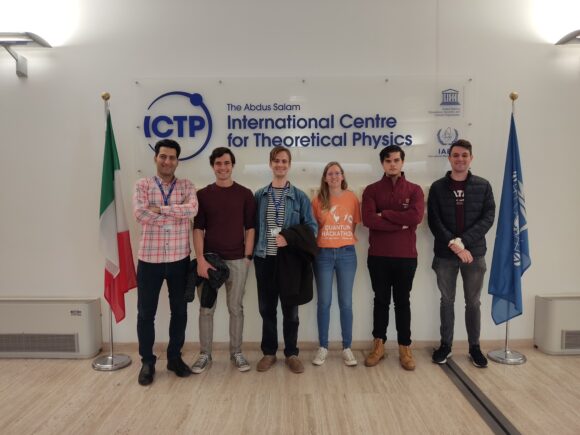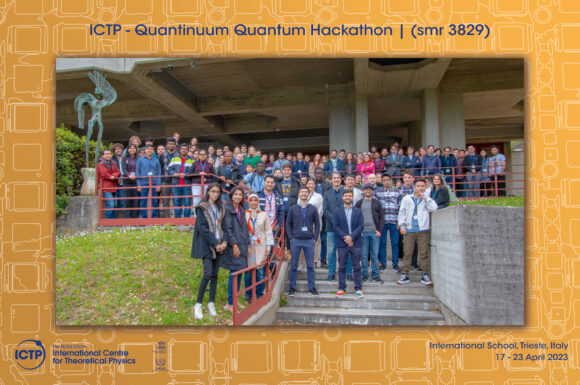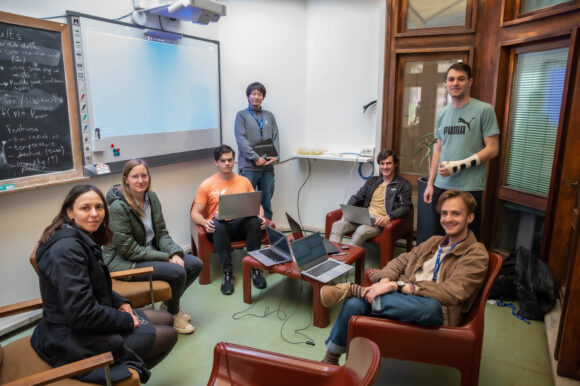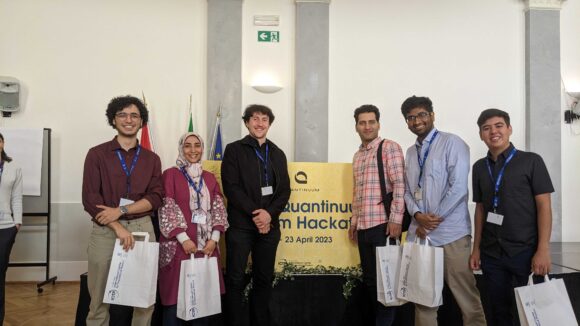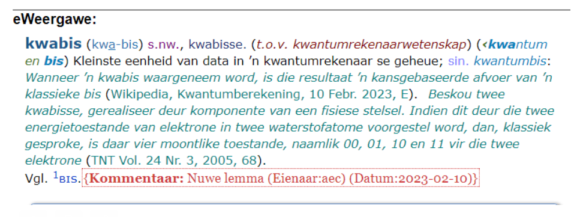The Stellenbosch University students, Dean Brand, Abbas (Omid) Hassasfar, Matt Lourens, Amy Rouillard, Donovan Slabbert, and Gerhard Woithe, recently attended the ICTP – Quantinuum Quantum Hackathon held at the International Centre for Theoretical Physics (ICTP) in Trieste, Italy. This event brought together 90 students from 23 different countries, with the aim of collaborating and creating novel solutions to real-world problems using quantum computing. The event was co-organized by ICTP and Quantinuum, a quantum computing company behind the open-source software TKET.
The first four days of the workshop comprised lectures and tutorials given by various experts on quantum computing, quantum error correction, quantum chemistry, and one of the highlights, ZX-calculus. During the final two days, participants were tasked with working in teams to create solutions for 18 projects supplied by Quantinuum and industry partners such as Merck, Eni, and BMW, covering areas such as chemistry, natural language processing, and error correction. We are proud to report that Abbas (Omid) Hassasfar and his team won second prize for their project titled “Quantum Krylov Method” which was related to the application of quantum computing for quantum chemistry. Event wraps up with a prize-giving.
The experience was incredibly enriching and inspiring, providing the students with an opportunity to collaborate with other experts in the field, learn about the latest developments in quantum computing, and work on projects with real-world impact. They also formed lasting connections with other participants and enjoyed exploring the beautiful city of Trieste. The students express their gratitude to NiTheCS and ICTP for providing them with this opportunity and look forward to attending similar events in the future.
